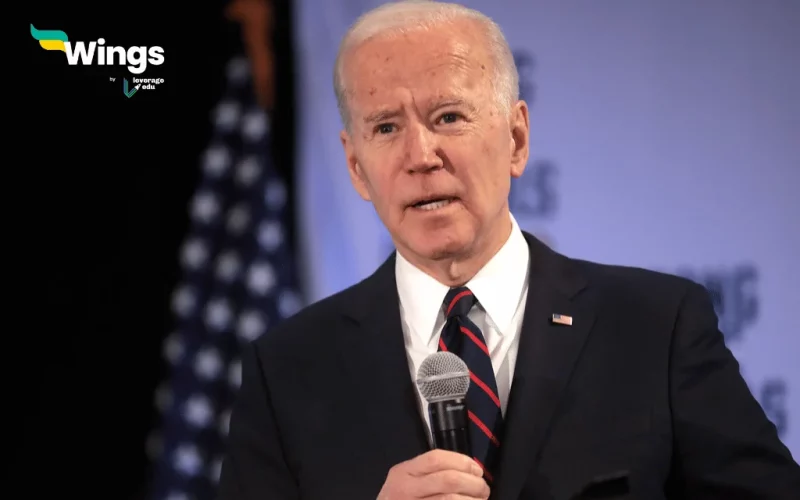In a move aimed at lightening the financial burden on college students, the Biden administration has unveiled plans to tackle what it calls “junk fees” for both domestic and international students. These fees, often hidden and unexpected, can accumulate and significantly increase the cost of pursuing higher education.
What Are Junk Fees?
Junk fees are those additional charges that students might encounter throughout their college journey, ranging from loan origination fees to unexpected banking charges and automatic billing for textbooks. The White House has identified four main types of these fees: student loan origination fees, college banking fees, automatic textbook charges, and unclaimed meal plan funds.
Top 3 Most Prestigious Universities in the US and How to Get In
Targeting Student Loan Origination Fees
One significant aspect of the administration’s plan is the proposal to eliminate student loan origination fees. These fees, which can be as high as 4 percent, add thousands of dollars to a student’s debt. By removing them, the administration aims to make the process of acquiring student loans more transparent and affordable.

Cracking Down on College Banking Fees
Another area of focus is college banking fees. Some colleges require students to use specific banks to access their financial aid, but these banks may impose unexpected and costly hidden charges. The Department of Education is stepping in to address this issue through the negotiated rulemaking process, ensuring that students have access to their financial aid without being burdened by unnecessary fees.
Ending Automatic Billing for Textbooks
Automatic billing for textbooks is also on the administration’s radar. Many students find themselves automatically billed for textbooks, often at exorbitant prices. The proposed regulations would allow students to opt out of automatic billing and seek more affordable alternatives, thereby reducing the financial strain associated with purchasing course materials.
Refunds for Unused Meal Plans
In a move to address another common frustration, the administration is considering regulations that would allow students to receive refunds for unused portions of their meal plans. Currently, many colleges retain leftover meal plan funds, depriving students of money they’ve already paid. By ensuring that students can reclaim these unused funds, the administration aims to provide greater financial flexibility and transparency.

A Step Towards Financial Transparency
The Biden administration’s efforts to tackle junk fees represent a significant step towards greater financial transparency in higher education. By eliminating hidden charges and empowering students to make informed financial decisions, these initiatives aim to alleviate the financial burden on college students.
Impact on International Students
For international students, who often face additional financial challenges, these measures are particularly welcome. With tuition fees, living expenses, and other costs associated with studying abroad, every dollar saved makes a difference. By addressing junk fees, the administration is not only easing the financial strain on international students but also reaffirming its commitment to making education accessible to all.
Seek Out AAUW International Fellowships this Women’s Day
Looking Ahead
As the administration continues to push for greater transparency and affordability in higher education, students, both domestic and international, can look forward to a future where the hidden costs of college are significantly reduced. By advocating for the elimination of junk fees, the Biden administration is paving the way for a more equitable and accessible education system for all. Want more such updates? Make sure you follow Leverage Edu News Updates.
 One app for all your study abroad needs
One app for all your study abroad needs















 45,000+ students realised their study abroad dream with us. Take the first step today.
45,000+ students realised their study abroad dream with us. Take the first step today.